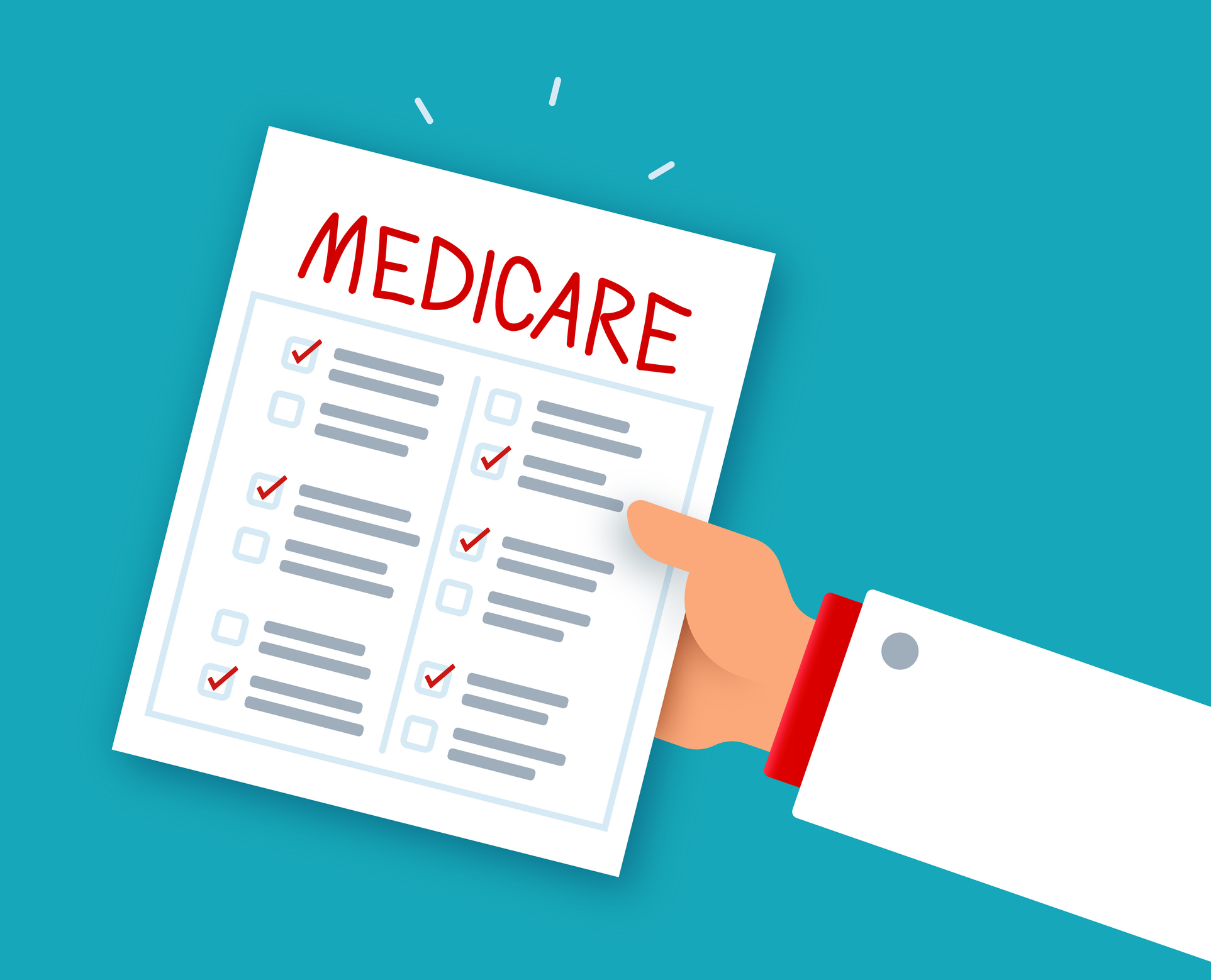Profit and prosper with the best of Kiplinger's advice on investing, taxes, retirement, personal finance and much more. Delivered daily. Enter your email in the box and click Sign Me Up.
You are now subscribed
Your newsletter sign-up was successful
Want to add more newsletters?

Delivered daily
Kiplinger Today
Profit and prosper with the best of Kiplinger's advice on investing, taxes, retirement, personal finance and much more delivered daily. Smart money moves start here.

Sent five days a week
Kiplinger A Step Ahead
Get practical help to make better financial decisions in your everyday life, from spending to savings on top deals.

Delivered daily
Kiplinger Closing Bell
Get today's biggest financial and investing headlines delivered to your inbox every day the U.S. stock market is open.

Sent twice a week
Kiplinger Adviser Intel
Financial pros across the country share best practices and fresh tactics to preserve and grow your wealth.

Delivered weekly
Kiplinger Tax Tips
Trim your federal and state tax bills with practical tax-planning and tax-cutting strategies.

Sent twice a week
Kiplinger Retirement Tips
Your twice-a-week guide to planning and enjoying a financially secure and richly rewarding retirement

Sent bimonthly.
Kiplinger Adviser Angle
Insights for advisers, wealth managers and other financial professionals.

Sent twice a week
Kiplinger Investing Weekly
Your twice-a-week roundup of promising stocks, funds, companies and industries you should consider, ones you should avoid, and why.

Sent weekly for six weeks
Kiplinger Invest for Retirement
Your step-by-step six-part series on how to invest for retirement, from devising a successful strategy to exactly which investments to choose.
If you're more or less on track with your savings, shift about half your investments into a bond fund or zero-coupon bonds with staggered maturities so a portion of them will mature as each year's tuition bill comes due.
Savings-bond returns are too small to waste your money on when you're saving long term, but with five years to go you could use savings bonds for the fixed-income portion of your portfolio if your adjusted gross income is less than $86,400 (filing jointly). At that threshold any earnings used for college tuition and fees will be totally tax-free.
If your adjusted gross income is higher, the earnings are still free from state and local taxes, but the taxable-equivalent return might be better on a five-year CD.
From just $107.88 $24.99 for Kiplinger Personal Finance
Become a smarter, better informed investor. Subscribe from just $107.88 $24.99, plus get up to 4 Special Issues

Sign up for Kiplinger’s Free Newsletters
Profit and prosper with the best of expert advice on investing, taxes, retirement, personal finance and more - straight to your e-mail.
Profit and prosper with the best of expert advice - straight to your e-mail.
See if you're eligible for financial aid. If you're just starting now, you could shift into heavy-duty saving mode, search for extra sources of income and slash your spending. But first, check out ways to lower the tuition bill. Go to the College Board's Web site and calculate your expected family contribution -- the amount of money financial-aid officers estimate that your family can afford for a year of college. The figure will change if your income changes by freshman year, but it will give you a general idea how much you'd need to pay before financial aid kicks in.
Move money around to improve your financial-aid picture. For example, if you sell stocks after January of your child's junior year in high school, the earnings will be considered income on your financial-aid form. But if you sell any big winners now, the proceeds will be considered assets and count for much less in the aid formula.

With Ten Years to Go
With One Year to Go

Profit and prosper with the best of Kiplinger's advice on investing, taxes, retirement, personal finance and much more. Delivered daily. Enter your email in the box and click Sign Me Up.
-
 Dow Leads in Mixed Session on Amgen Earnings: Stock Market Today
Dow Leads in Mixed Session on Amgen Earnings: Stock Market TodayThe rest of Wall Street struggled as Advanced Micro Devices earnings caused a chip-stock sell-off.
-
 How to Watch the 2026 Winter Olympics Without Overpaying
How to Watch the 2026 Winter Olympics Without OverpayingHere’s how to stream the 2026 Winter Olympics live, including low-cost viewing options, Peacock access and ways to catch your favorite athletes and events from anywhere.
-
 Here’s How to Stream the Super Bowl for Less
Here’s How to Stream the Super Bowl for LessWe'll show you the least expensive ways to stream football's biggest event.
-
 What DOGE is Doing Now
What DOGE is Doing NowThe Kiplinger Letter As Musk's DOGE pursues its ambitious agenda, uncertainty and legal challenges are mounting — causing frustration for Trump.
-
 COVID Hospitalization Rates See an Uptick As Winter Looms — The Kiplinger Letter
COVID Hospitalization Rates See an Uptick As Winter Looms — The Kiplinger LetterThe Kiplinger Letter A new Omicron booster is available, but the elderly are still at risk and winter is right around the corner.
-
 Will Weight-Loss Drugs Spike Medicare Costs?: The Kiplinger Letter
Will Weight-Loss Drugs Spike Medicare Costs?: The Kiplinger LetterEconomic Forecasts Lawmakers are trying to get weight-loss drugs like Wegovy covered by Medicare. Long-term savings are possible, but it could cost the program $27 billion.
-
 Greenland, U.S. Plans to Boost Tourist Economy: Kiplinger Economic Forecasts
Greenland, U.S. Plans to Boost Tourist Economy: Kiplinger Economic ForecastsEconomic Forecasts A U.S. congressional effort could see some Canadian visitors get longer stays, meanwhile, Greenland bids to be the next vacation hotspot.
-
 Medicare Drug Price Negotiations Latest: Kiplinger Economic Forecasts
Medicare Drug Price Negotiations Latest: Kiplinger Economic ForecastsEconomic Forecasts Medicare drug price negotiations: Early signs have emerged of how these key talks will be handled.
-
 Forces That Affect Your Estate Plan
Forces That Affect Your Estate Planretirement From probate and ownership division to the taxing arm of Uncle Sam, here are four things that can influence what happens to your belongings.
-
 Make a Plan for Your Retirement Savings
Make a Plan for Your Retirement Savingsretirement The first step to effectively using your 401(k) is to assess your retirement needs.
-
 What to Ask Before Buying an Annuity
What to Ask Before Buying an Annuityinsurance If more people understood these confusing products, fewer probably would be sold. Find out what you need to know.